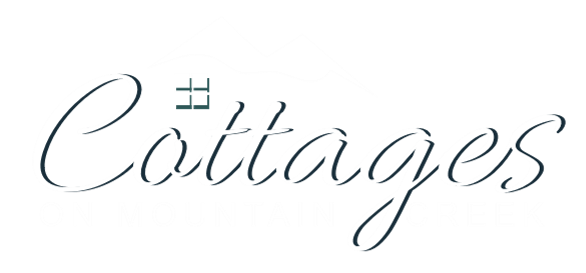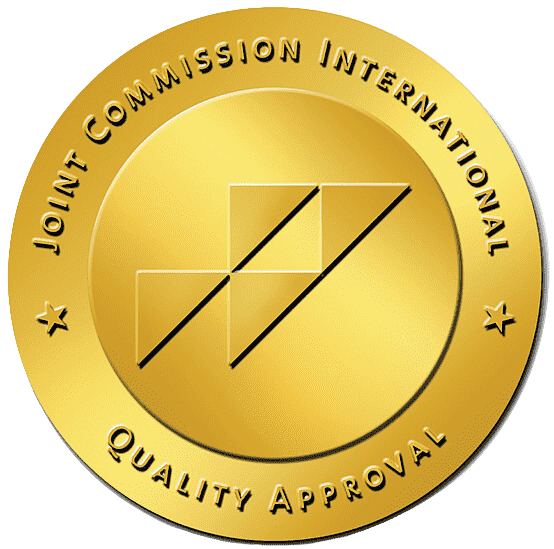The Importance of Residential Treatment
Benefits of Longer Treatment Programs
Residential treatment can be essential for a person’s mental health recovery journey. Research has indicated that longer treatment programs of 90 days or more can be more effective in addressing the root causes of addiction and mental health issues. Longer durations provide individuals with the necessary time to build trust with the staff and open up about their challenging experiences.
Longer programs offer a more comprehensive and supportive environment, giving individuals the opportunity to develop coping strategies and life skills that are vital for long-term recovery. Studies have shown that outcomes are significantly better when treatment extends for three months or more. This extended period allows participants to fully engage in therapy, participate in group activities, and practice relapse prevention techniques.
Factors Impacting Treatment Duration
Understanding the factors that impact the duration of residential treatment is crucial for tailoring effective recovery programs. At Cottages on Mountain Creek, we believe in customizing treatment plans to meet individual needs, ensuring a higher probability of successful recovery.
Tailoring Treatment Length
When determining the length of treatment, several factors come into play, including the severity of the addiction and the individual’s unique needs. Studies highlight the benefits of longer rehab programs, typically 90 days or more, for successful outcomes. These extended programs offer individuals the necessary time to address the root causes of addiction and build trust with the treatment staff.
Longer treatment durations allow participants to thoroughly work on their recovery, gradually equipping them with the tools and skills needed for a sober life. Research suggests that outcomes improve the longer individuals remain in treatment, making longer programs a key factor in preventing relapse.
Effectiveness of Inpatient Rehab
Inpatient rehab provides a structured and supportive environment, making it effective for individuals with complex needs or a history of relapse. This type of treatment includes 24/7 access to trained staff, structured routines, and a high level of accountability. Inpatient programs are ideal for individuals who require close monitoring and a focused approach to recovery, especially for those with challenging home environments or complex withdrawal symptoms.
| Facility Type | Features | Ideal For |
|---|---|---|
| Inpatient Rehab | 24/7 medical support, structured routines | Individuals with prior relapses, severe addiction |
| Outpatient Programs | Flexible schedules, part-time care | Individuals with supportive home environments |
For lasting recovery, it is essential to integrate inpatient rehab with a comprehensive approach that includes personalized treatment plans and support systems. Our dual diagnosis treatment approach, coupled with our day programming and transitional independent living program, ensures a holistic recovery process.
Cottages on Mountain Creek is dedicated to providing the most effective and individualized care for mental health treatment. By understanding the factors impacting treatment duration and leveraging the benefits of inpatient rehab, we strive to support individuals on their path to recovery. For further information on our comprehensive programs, visit our pages on behavioral health treatment and mental health treatment.
Challenges in Addiction Recovery
Supporting people through the recovery journey presents various hurdles. Understanding and addressing these challenges is crucial for successful and lasting recovery.
Treatment Completion Rates
Another significant challenge in addiction recovery is completing the treatment program. Less than 42% of individuals who enter treatment for drug and alcohol use actually complete it. Successfully finishing the recommended duration of a rehab program is crucial for building a foundation for lasting recovery.
The length of stay in treatment varies depending on factors such as the type of substance used and individual health needs. Studies show that outcomes improve when addiction treatment extends for three months or more.
| Factor | Impact on Treatment |
|---|---|
| Duration in Treatment | Longer stays (>3 months) correlate with better outcomes |
| Support Systems | Strong support systems reduce relapse rates, emphasizing the importance of services like our day programming |
| Individualized Treatment | Tailored treatment plans improve completion rates and outcomes; learn more about our individualized treatment plans |
By understanding these challenges and addressing them through comprehensive care and support systems, we strive to enhance recovery outcomes for individuals with substance use disorders. Our dual diagnosis treatment approach and behavioral health treatment options are designed to provide the necessary resources for overcoming these hurdles.
Achieving Lasting Recovery
Achieving lasting recovery is a multifaceted journey that requires a strong support system and an integrated treatment approach. At Cottages on Mountain Creek, we are committed to providing comprehensive residential treatment programs designed to address the unique needs of each individual.
Importance of Support Systems
Support systems play a crucial role in the recovery process. Having a robust network of family, friends, and healthcare professionals can significantly enhance the likelihood of a successful recovery.
Studies have shown that personalized care and support lead to decreased risk of relapse and enhanced overall outcomes. Additionally, treatment programs that extend for three months or more have better outcomes, emphasizing the importance of longer durations for successful recovery.
By fostering a supportive environment, we aim to create a safe space where individuals can focus on their healing journey. This includes:
- Family Therapy: Strengthening family bonds and improving communication.
- Peer Support Groups: Facilitating connections with others who are on similar journeys.
- Counseling Services: Providing professional guidance and emotional support.
Learn more about our behavioral health treatment services and how we incorporate support networks into our programs.
Dual Diagnosis Treatment Approach
Dual diagnosis treatment addresses both mental health disorders and substance abuse issues concurrently. This approach is crucial because co-occurring disorders often exacerbate each other, making recovery more challenging if treated separately.
At Cottages on Mountain Creek, our dual diagnosis treatment approach includes:
- Comprehensive Assessment: Evaluating the full scope of mental health and substance abuse issues.
- Integrated Treatment Plans: Tailoring plans to address both conditions simultaneously.
- Ongoing Monitoring and Adjustments: Continuously assessing and modifying treatment based on progress.
Data from various sources highlights the effectiveness of dual diagnosis treatment in improving recovery outcomes. By addressing the root causes of both issues, individuals are better equipped to achieve lasting recovery.
Through our comprehensive approach, we aim to provide individuals with the tools and support they need to achieve lasting recovery. Explore more about our mental health treatment programs and how we tailor our services to meet your needs.
Individualized Treatment Plans
At Cottages on Mountain Creek, we believe in the power of individualized treatment plans to address the unique needs of each client. Recognizing that even those with the same diagnosis can have vastly different experiences, we tailor our approach to ensure the best possible outcomes.
Personalized Approach in Recovery
A personalized approach in recovery is essential in addressing the complexities of mental health and addiction. Each individual’s journey is unique, and so is their treatment plan. By focusing on personal needs, goals, and lifestyle, we craft strategies that enhance engagement in the recovery process. This method leads to better outcomes and a more successful path to wellness.
Our treatments are rooted in recovery-oriented care that emphasizes client empowerment, autonomy, and mutual respect. This approach has shown better treatment outcomes and greater engagement in the recovery process. By addressing the individual’s unique struggles and progress, we create an environment where clients feel supported and motivated.
Among our services, we offer:
- Dual diagnosis treatment
- Behavioral health treatment
- Substance abuse treatment
These tailored treatment modalities allow us to cater to the diverse needs of our clients, providing them with the comprehensive care they deserve.
Support Groups and Case Management
Support groups and case management are crucial components of our individualized treatment plans. Support groups tailored to specific client demographics enhance the treatment experience and foster success in recovery journeys. These groups provide a safe space for clients to share their experiences, learn from others, and build a community of support.
In addition to support groups, our case management services ensure that each client receives the personalized care needed for their recovery. Our case managers work closely with clients to develop and monitor their treatment plans, providing guidance and support throughout their recovery journey.
We offer various levels of care, including:
| Treatment Type | Description |
|---|---|
| PHP treatment | Partial hospitalization program offering intensive day treatment. |
| IOP treatment | Intensive outpatient program for clients needing less intensive care. |
| Day programming | Structured day sessions to maintain progress after intensive treatments. |
| Transitional independent living program | Supportive living arrangements to help clients transition back to everyday life. |
By integrating support groups and case management into our treatment plans, we ensure that clients receive comprehensive care that addresses all aspects of their recovery. This holistic approach is key to helping clients achieve lasting recovery and improving their overall wellbeing.
Incorporating these elements into our mental health treatment programs helps us provide effective and individualized care, ultimately leading to better outcomes and a higher quality of life for our clients.






